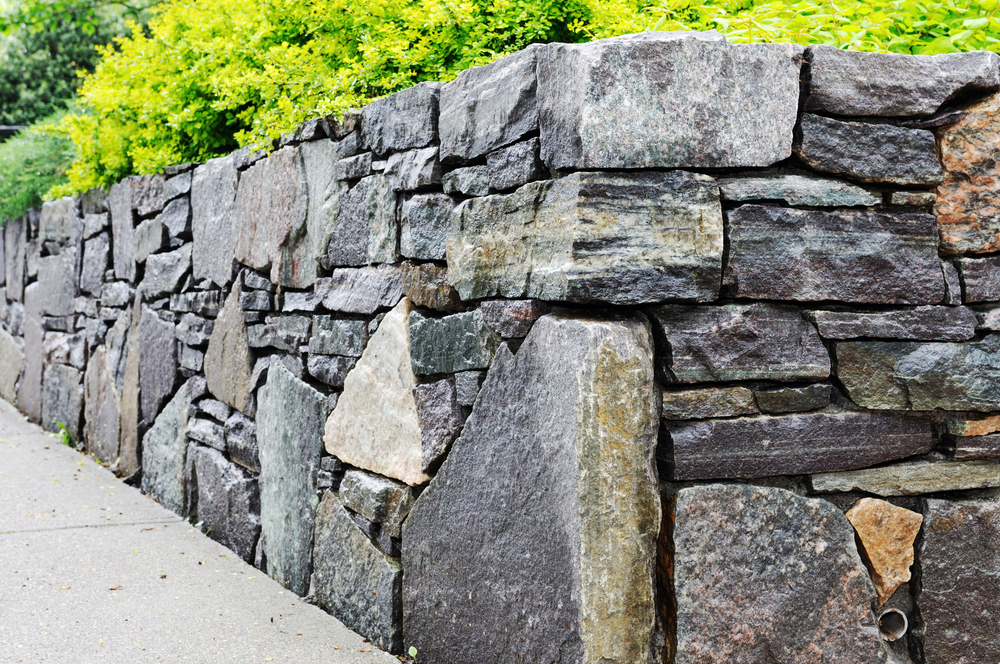

Retaining walls are a structural element that serve a variety of purposes in landscaping and construction projects. From preventing soil erosion to creating functional outdoor spaces, retaining walls offer numerous benefits that can enhance the aesthetic appeal and functionality of any property. In this blog post, we will explore the surprising benefits of retaining walls and how they can help improve the stability and appearance of your landscape.
How Can Retaining Walls Help Prevent Soil Erosion?
One of the primary benefits of retaining walls is their ability to prevent soil erosion on sloped terrain. Soil erosion can occur due to factors such as water runoff, gravity, and wind, which can lead to the loss of valuable topsoil and compromise the stability of the land. By installing a retaining wall, you can create a barrier that holds back soil and prevents it from washing away or shifting downhill.
Retaining walls are particularly effective in areas with steep slopes or uneven terrain, where soil erosion is more likely to occur. By adding a retaining wall to your property, you can stabilize the land, protect against erosion, and preserve the integrity of your landscape. This is especially important for properties located in regions prone to heavy rainfall or flooding, where erosion can be a serious concern.
In addition to preventing soil erosion, retaining walls can also help improve drainage and reduce water runoff on your property. By directing water flow away from vulnerable areas and into designated drainage systems, retaining walls can help maintain the health of your soil and plants, prevent erosion, and minimize the risk of water damage to structures or landscaping features.
How Long Do Retaining Walls Typically Last?
One common question that property owners may have about retaining walls is how long they typically last. The lifespan of a retaining wall can vary depending on factors such as the materials used, the design and construction of the wall, and the level of maintenance it receives. In general, well-built and properly maintained retaining walls can last for decades or even a lifetime.
Concrete retaining walls are among the most durable and long-lasting options available, with a lifespan of 50 years or more. Concrete walls are resistant to weathering, corrosion, and pest infestations, making them a popular choice for properties in need of a strong and reliable retaining wall solution. Other popular materials for retaining walls include treated timber, stone, brick, and interlocking concrete blocks, which can also offer longevity and durability when installed correctly.
To ensure the longevity of your retaining wall, it’s important to work with a professional contractor who has experience in designing and building retaining walls. Proper installation techniques, quality materials, and regular maintenance are key factors in maximizing the lifespan of your retaining wall and ensuring its ongoing functionality and stability.
Summary
Retaining walls offer a range of surprising benefits that can enhance the appearance and functionality of your landscape. From preventing soil erosion and improving drainage to creating usable outdoor spaces and adding visual interest to your property, retaining walls are a versatile and practical solution for addressing a variety of landscaping challenges. By investing in a well-designed and properly constructed retaining wall, you can enjoy the long-term benefits of enhanced stability, longevity, and aesthetics in your outdoor environment. So consider adding a retaining wall to your property today and experience the positive impact it can have on your landscape for years to come.
Need Site Work in Dalton, GA?
Established in 2021, Grade-1 Underground is your number-one go-to company for your underground pipe needs. From Water mains to sewer lines, we have you covered. Our team also provides site work such as excavation, grading, land clearing, and much more! For any questions, please give us a call today!
